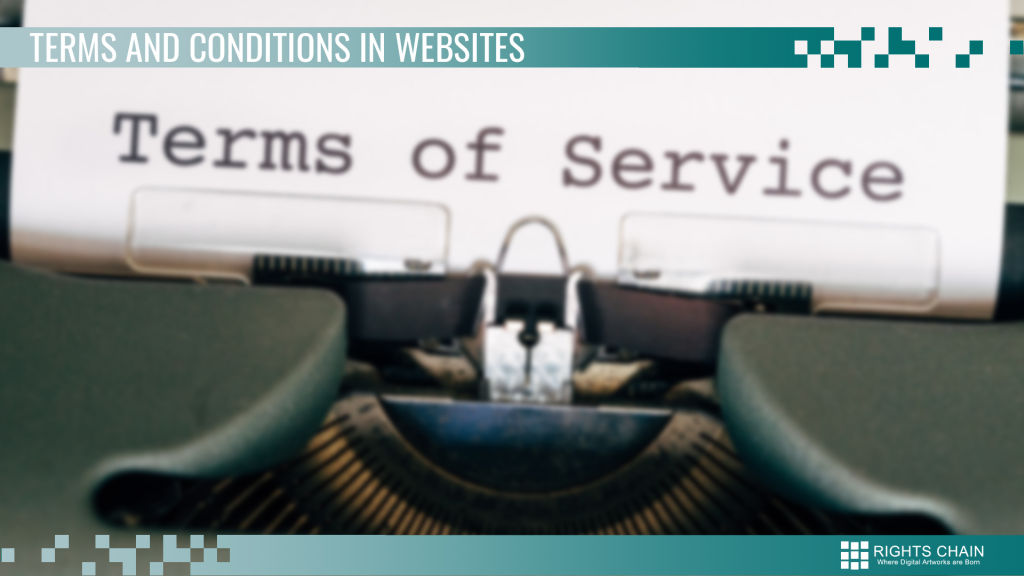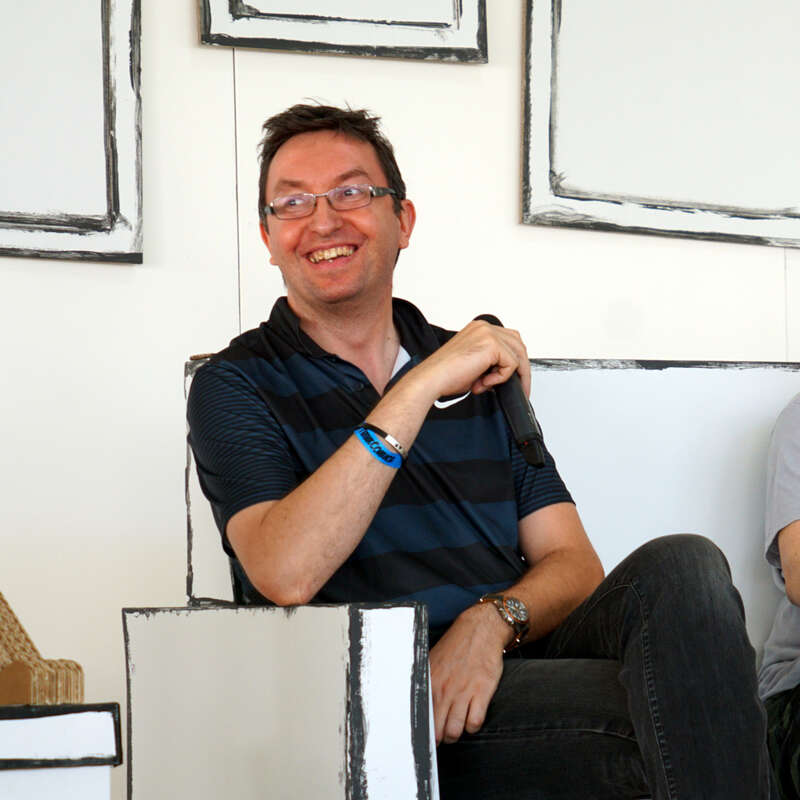What we don't read in the websites terms and conditions

- 2018-05-09
- Sebastian Zdrojewski
- Copyright
On all social networks, we have often seen posts on urban legends saying that this or that network would (illegally) appropriate content or pictures that users post on their profiles.
This usually happens upon modification of terms and conditions of service or privacy policy. And so, people start compulsively copy-pasting and sharing posts suggesting to warn the social network not to publish or share material uploaded on one's profile... but then what would the point of a social network be?
Besides giving credit to who actually cited existing and made-up laws in their hoax posts, we decided to have a look at those pages no one ever reads and everyone carelessly accepts, to find what they say about copyright. We're talking about the terms and conditions, of course.
The result of our research is that social networks do not actually appropriate of what people publish or share on their platforms (who would have thought!).
We read the terms and conditions of about 10 social networks, including Facebook (obviously), Twitter, Tumblr, Flickr (included in the Yahoo! terms - author's note), Instagram, and we did it without any sort of legal consultation.
They all have mostly the same conditions on use of uploaded material:
- For content protected by Intellectual Property such as photos or videos, users explicitly grant the following rights:
- Non-exclusive, transferable (to third parties - we'll talk about it soon), global, free licence to use any Intellectual Property content you publish on said social network or through it anyway (for instance, by linking to an external page).
- Licence is transferable and can be granted as a "sub-licence", which means that it is also automatically granted to companies connected to the social network, or companies using its content, or sharing it elsewhere.
- When content is removed from a social network, it is permanently removed from it, no traces of it are left, and it doesn't become property of the social network, either (another urban legend that was going around some time ago). An exception are backup processes, which may store a copy for a limited time in a way that makes it inaccessible to the public.
- When you publish your content with "Public" privacy settings (when possible), the licence is automatically extended to all viewers of your profile or content.
So the moral is: whenever you publish something on your social network of choice, you make an (un)aware decision to grant other people the rights of use on your work. With just a click. Consequently, everytime you upload a photo or illustration on a social network, it is subject to the associated licen... wait, something's missing here!
Not all social networks allow their users to choose the licence they want to attribute to their work when uploading it, be it Creative Commons or generic copyright. Among the ones that do allow it (Creative Commons) are: Flickr, Deviant Art, Tumblr or 500px (for the photography world). Furthermore, the licence can't vary between social networks, so it's not possible to choose a Creative Commons licence on one website, and a generic copyright licence (all rights reserved) on another for the same work.
These social networks, however, have a rather important formal issue. User authentication is done via e-mail address, and within the terms and conditions is a number of rules that can be summed up like this:
- As subscribed user, you declare you are owner of the works you publish within the social network and of their rights.
We know all too well that this rule is hardly ever followed. Anyone can take another person's work from one social network and publish it on their own profile in another. Even when the original Author is mentioned, the licence may differ (because people who aren't Authors are usually not very interested in these matters). This creates a situation which makes it really complicated to find the Original Work.
When content is published online, all portals, social networks, or sharing websites (including ours, even though our main goal is not sharing but rather giving the licence a point of origin) have one or more clauses requiring explicit approval to share and reproduce the content without limitations.
It is necessary to keep this into consideration when publishing content over which you want to hold either some (with a Creative Commons licence) or all rights (Copyright).
One last thing to consider is that these terms and conditions of these social networks are subject to changes. These can happen for several reasons, commonly privacy (and sanctions). When a change is made, it is retroactive, meaning it also applies to content that was published prior to the change, and it replaces any term that was changed. So when a big player, such as Yahoo! (just to give a random name) decides to stop providing a certain service, there's not much we can do.
But what if this was the service used as a reference for the copyright of an Artwork?
